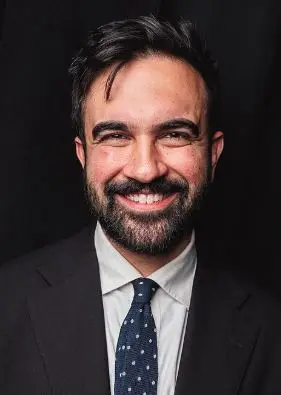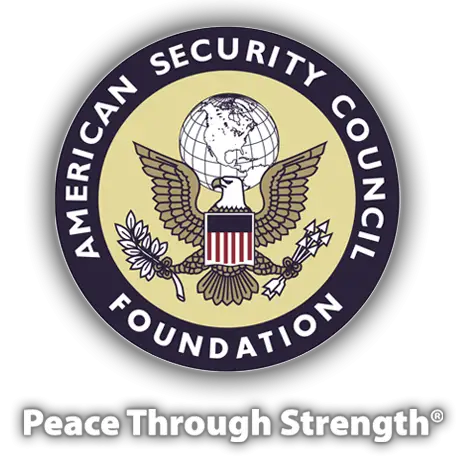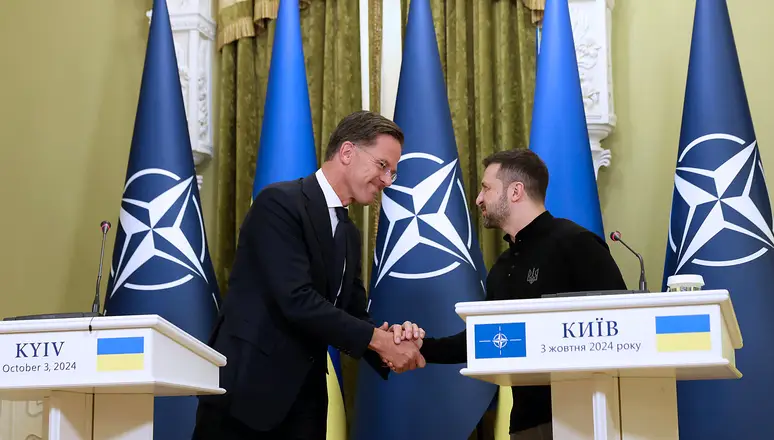
If you liked this article, please share it with your friends and family. You can also help the American Security Council Foundation shape American policy.

Will Taiwan continue to be or not to be an independent country? That is the question.
Will the Chinese Communist Party (CCP) invade Taiwan militarily or continue to intimidate it through “gray zone” activities? The CCP subjects Taiwan to cyber warfare, severed undersea communication cables, Chinese military ships and planes encircling the island, and constant intimidation and propaganda.
The CCP has threatened to unify Taiwan with the People’s Republic of China (PRC)despite Taiwan never being part of the PRC. President Xi has said China’s “reunification” with Taiwan is inevitable but denies he has given a 2027 deadline. He did call on the military to “develop capabilities to seize Taiwan” by 2027.
China dwarfs Taiwan economically and militarily.
Population:
China-1.4 billion; Taiwan-24 million
GDP:
China -$20 trillion; Taiwan-$814 billion
Military personnel:
China-2.0 million; Taiwan-.2 million
Military budget:
China-$267 billion; Taiwan-$20 billion
President Xi of China has not nullified China’s “unification without war” policy but insists that unification is integral to China’s rejuvenation and that it will happen.
The “Davidson Window” is a term named after US Navy Admiral Phil Davidson, who stated that China might seek to achieve its ambition of integrating Taiwan with the mainland within the next six years or by 2027. He made the statement as the Indo-Pacific Combatant Commander in a 2021 hearing before the Senate Armed Services Committee.
Taiwan was part of the Japanese Empire from 1895 until 1945 and was known as Formosa. The Chinese Qing Dynasty had ceded the island to Japan after defeat in thefirst Sino-Japanese War.
fter World War II, Taiwan was placed under the Republic of China’s (ROC) control with General Order #1 issued by US General Douglas MacArthur. At the time, the ROC was engaged in a decades-long civil war with the CCP.
The ROC was led by Chiang Kai-Shek of the Kuomintang (KMT) party. The civil war began in 1927 and ended in 1949 with the CCP’s victory and control of the Chinese mainland. The KMT and National Army fled to Taiwan and took control of the island.
The CCP, KMT, US, and UN all endorse the doctrine of “one China.” In 1979, the United States recognized the PRC as the sole legal government of China and “acknowledged” the Chinese position that Taiwan was part of China. The United States disagrees with Beijing’s claim to sovereignty over Taiwan and disagrees with Taipei’s claim that the ROC is an independent, sovereign state.
Taiwan is a prosperous, democratic country. Though banned from many international organizations, including the U.N., Taiwan has commercial relationships worldwide. Few countries diplomatically recognize the Republic of China (Taiwan).
Taiwan has not acted as a country under imminent threat. Its military budget is under 3% of GDP, and there is political disagreement on whether the government should increase defense spending or try to accommodate CCP demands for unification.
Summary
The United States cannot stop an invasion of Taiwan if the CCP decides to wage a kinetic war. If the US Navy Seventh Fleet intervenes, Chinese missiles would wipe out the fleet in 30 minutes. US military bases throughout the Western Pacific, including Japan and Guam, would be vulnerable.
The question is whether President Xi thinks the invasion and following worldwide conflagration will be worth the price of unification. The present CCP strategy of unrestricted warfare and “gray zone” (non-kinetic) activities appear to be slowly eating away the cause of Taiwan’s independence.
The question for President Trump is whether he is prepared to lead the US in a war with China. Would the US win the war, and if so, at what cost? What will the US do if China blockades Taiwan? Trump has not declared that the US would defend Taiwan, as did President Biden.
Trump seems open to country territorial change, as witnessed by his comments on Ukraine, Panama, Greenland, and Canada. Trump’s advisor, Secretary of State Marco Rubio, is a staunch defender of Taiwan, whereas Elon Musk supports China’s position that Taiwan is an integral part of China.
Ambiguity by the US on whether it will defend Taiwan or not is coming to a head with the growth of China’s military capabilities. The US should declare that it is up to the people of Taiwan to determine their fate and not to be coerced by the CCP. The US should arm Taiwan with the weapons it needs to defend itself.
Action
1. Rebuild the U.S. military-industrial base, including securing and processing rare earth minerals so the U.S. is not dependent on China.
2. Supply military arms to Taiwan.
3. Increase “soft power” activities directed at political change of the current CCP.
4. The U.S. should continue to form military alliances to prevent PRC aggression.
Peace Through Strength!




